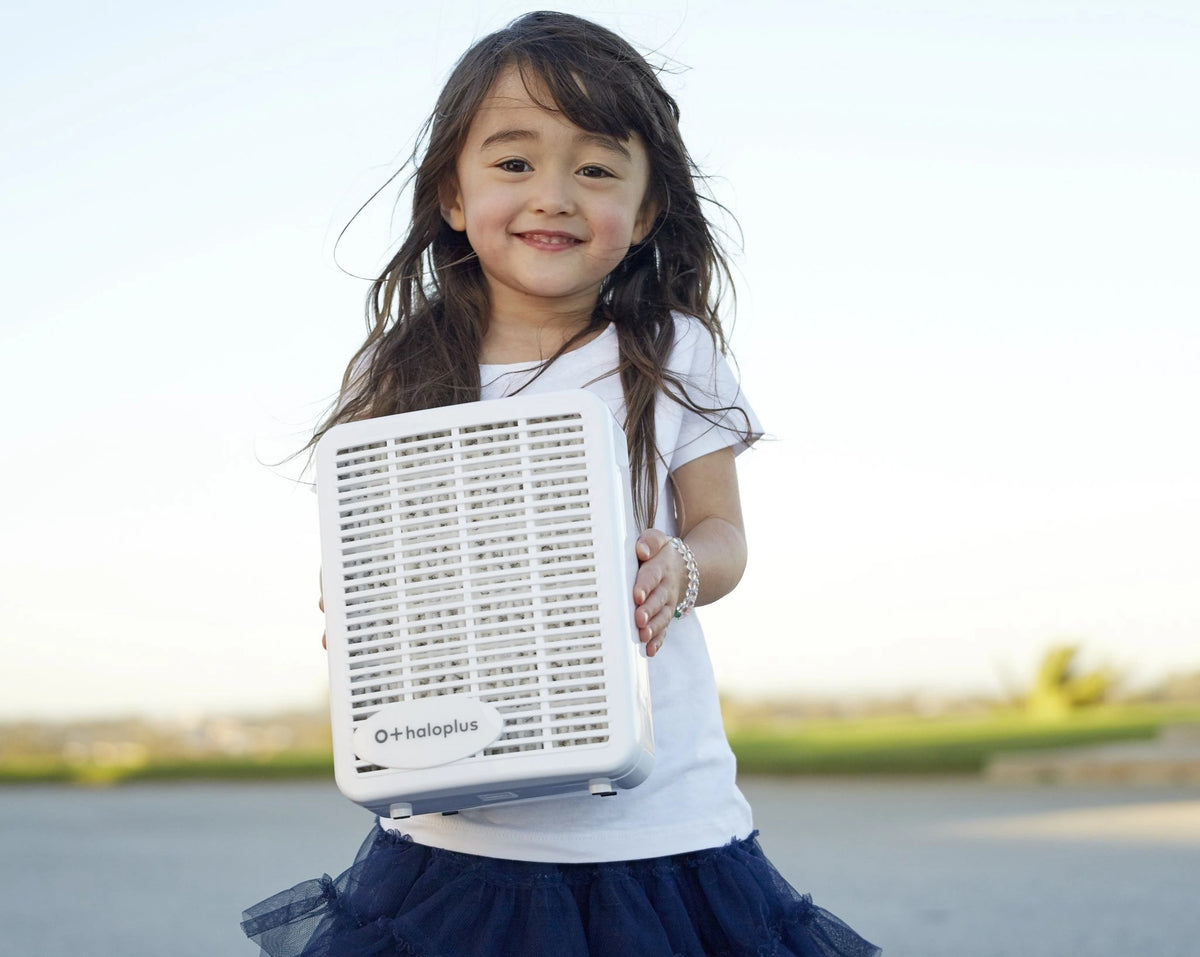What is Feline Asthma?
Feline asthma is a lung condition that makes it hard for cats to breathe. It’s caused by inflammation in their airways, often triggered by things like dust, pollen, or smoke. A small percentage of cats have this condition, and some breeds, like Siamese, may be more at risk.
Signs to Watch For
If your cat is coughing, wheezing, or breathing fast, it might have asthma. You may notice them breathing with their mouth open or acting tired. In serious cases, their gums might turn blue, which means they need a vet right away. These signs can look like other problems, like hairballs, so it’s important to get a vet’s help to know for sure.
How Vets Diagnose It
A vet will check your cat by listening to their lungs and asking about their symptoms. They might do tests like X-rays or blood work to confirm asthma and rule out other issues. Early diagnosis helps your cat feel better faster.
Supporting Your Cat’s Comfort
You can make your home a better place for your asthmatic cat:
- Keep it clean: Use air purifiers and keep the house clean to reduce dust and allergens.
- Avoid triggers: Keep your cat away from smoke, strong scents, or moldy areas.
- Reduce stress: Create a calm space for your cat, as stress can make asthma worse.
- Check weight: Help your cat stay at a healthy weight to ease breathing.
Working with Your Vet
Vets may suggest medicines like inhalers or pills to help your cat breathe better. In emergencies, they might need oxygen or special care. Always follow your vet’s advice.






